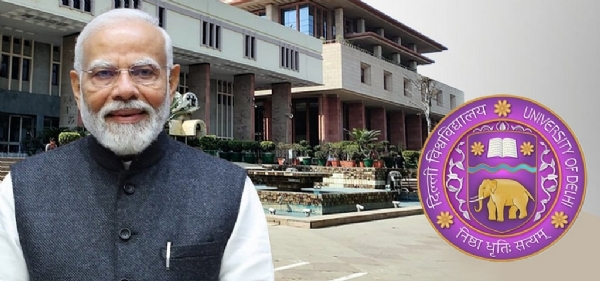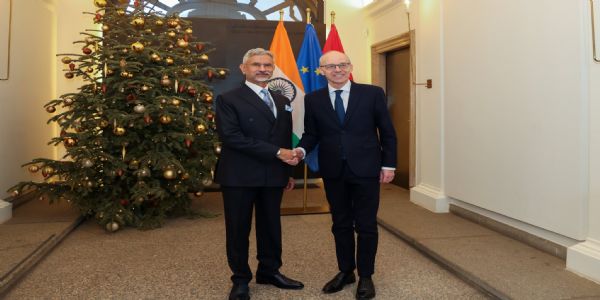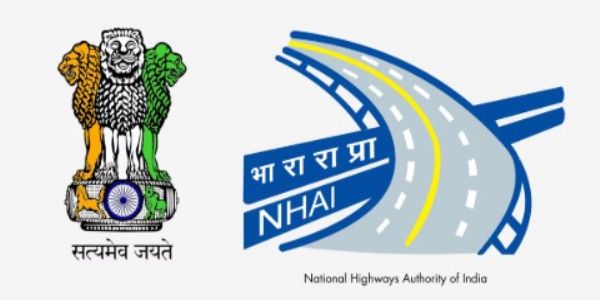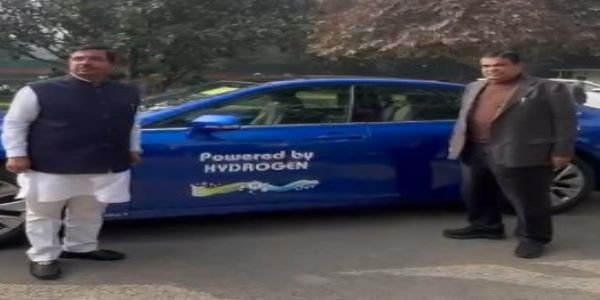
Delhi, 27 February (H.S.): Delhi University (DU) on Thursday said that it has no reservations in showing the degree of Prime Minister (PM) Narendra Modi to the Delhi High Court, but will not expose it to the scrutiny of strangers.
The submission was made by Solicitor General (SG) Tushar Mehta before Justice Sachin Datta during the hearing of DU's plea challenging the 2017 Central Information Commission (CIC) order directing the varsity to furnish information related to Modi's degree to a Right to Information (RTI) applicant.
The degree of one student is demanded, who is the PM of the county. We have nothing to hide. We have year-wise register where everything is mentioned. DU has no objection in showing the original degree for BA in 1978 to Court...DU has no reservation in showing but I will not expose university records to the scrutiny of strangers who are here either for publicity or for some oblique political motive, Mehta submitted.
The Court today reserved its decision in the case. The other parties in the case were heard in earlier hearings.
The issue arose after then Delhi Chief Minister Arvind Kejriwal in 2016 asked PM Modi to “come clean about his educational degrees” and “make them public”. Modi had sworn in his election affidavit that he graduated from DU in the B.A. Political Science course in the year 1978.
Subsequently, Aam Aadmi Party supporter Neeraj Sharma filed an RTI seeking details of PM Modi’s degree from Delhi University. The University denied disclosure of the information related to the degree, stating that it was “private” and had “nothing to do with public interest”.
In December 2016, Sharma moved the CIC against the University’s response. Information Commissioner Prof M Acharyulu passed an order directing DU to make the register containing the list of students who passed the Bachelor of Arts programme in 1978, public.
On January 23, 2017, the University moved High Court challenging the CIC order. The Court had in January 2017 issued notice to Sharma and stayed the order after noting SG Tushar Mehta’s arguments that the order has far-reaching adverse consequences and that all universities in the country which hold degree details of crores of students in a fiduciary capacity.
Solicitor General of India Tushar MehtaSolicitor General of India Tushar MehtaDuring the hearing of the matter on Thursday, SG Mehta, appearing for DU, submitted that right to know is not an untrammeled right.
In Puttaswamy case, there was one conclusion, unanimously passed, that right to privacy is protected under Article 21. Right to privacy supersedes right to know, he added.
Mehta further submitted that personal information cannot be sought under the RTI Act.
The authority will have to decide, what is your interest, somebody has passed out in 1978, you are wanting to use it for political purpose. We have it, but we will not share. This way we would be flooded with lakhs and lakhs of information, he added.
Mehta also argued that the RTI Act cannot be used to intimidate officers.
Public authorities will not be able to exercise their purpose if such applications are entertained. People would be searching old documents, would be bogged down. RTI Act cannot be used as a tool to intimidate officers doing their duty.
Hindusthan Samachar / Jun Sarkar








